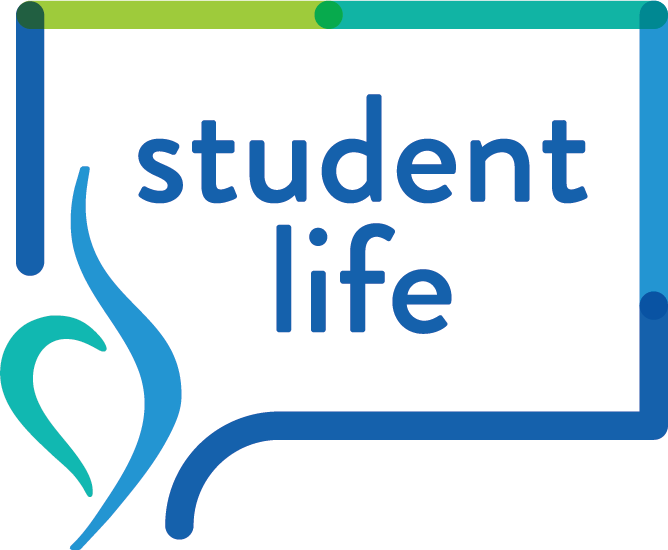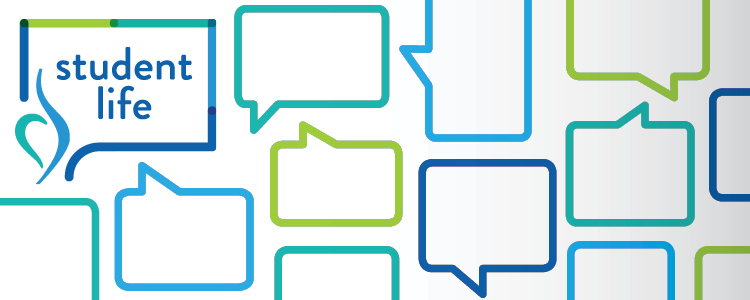Social Media Cheat Sheet
Social media is a great tool for connecting with others. However, it can also be a dangerous space for people with eating disorders.
This is a cheat-sheet to help you:
- Help a friend struggling with an eating disorder on social media.
- Be a positive role model on social media.
- Responsibly share a personal story of an eating disorder to the public
HOW TO HELP A FRIEND STRUGGLING WITH AN EATING DISORDER ON SOCIAL MEDIA
Look for the signs. Determining whether someone is in distress can be difficult, but it is always worth reaching out if noticing any of the following signs of distress:
- Isolation: Your friend might be isolating themselves from you and other by not returning calls or using social media, leaving social gatherings early, cancelling plans, or stops making plans altogether.
- Sadness: Your friend might make posts dominated by self-judgement (for example, using hashtags like #worthless #failure #disgusting) or make complaints about low energy/poor concentration.
- Preoccupation/obsession: Your friend’s posts have been taken over by content related to food, dieting, exercise, etc.
- Emotional distance: You may feel that you are relating less to your friend based on the content they post – their posts may no longer about what they think or feel, but rather what they eat or how they look.
Reach out to your friend – in private. Often, people may feel uncomfortable discussing their personal well-being publicly, so it is best to talk to this friend privately. You can start this conversation by messaging your friend to meet up, talk on the phone, or just express concern and ask questions to show how much you care.
Never assume: observe, ask, and listen. Describe what you have noticed by using the “I” strategy. Make sure to not make assumptions or loss around labels. Try one of these:
- “I have noticed your posts have been self-critical lately. I care about you, and I hate to see you treating yourself like that. Do you feel like telling me what is going on?”
- “This new diet that you have been on seems to be taking over. It seems like that is all you talk or post about. I am worried you are slipping away from me and I miss you.”
Learn what you can do to help your friend if they are ready to receive help, in advance.
- Accompany your friend to an appointment.
- Relate by sharing something you are trying to overcome, ask for their help and support one-anther.
- Send periodic texts of encouragement.
- Have some meals with them. Company during meals can provide everything from healthy distraction, to an example of a healthy attitude towards food. Instead of guessing what they need, ask your friend what would be helpful from you during a meal.
- Go on walks with them so they can resist the urge to over-exercise. Ask your friend what would be helpful from you during exercise. Do they need a role model who exercises in moderation? Or possibly someone to help decide when to stop exercising. Alternatively, do they just need company on days that they’ve decided not to exercise?
Try to avoid statements that place the blame on the suffering individual. These include:
- Placing shame or guilt on your friend about their appearance, actions, or attitudes.
- Using pointed “you” statements such as, “You are getting too skinny!” or “You need to eat more.”
- Giving simple solutions such as, “If you’d just stop dieting, then everything would be fine!”
HOW TO BE A POSITIVE ROLE MODEL ON SOCIAL MEDIA
Model self-compassion and respect.
Think to yourself: do your posts reflect your own self-respect, self-kindness, and self-care? When individuals have struggled with an eating disorder for a long time, they often lack a concrete vision of what recovery would look like – or that being kind to oneself is an option. Seeing others live a life of self-care can give them something to aim for.
Post an unfiltered selfie.
Posting an unfiltered photo can be difficult, but it is important to recognize that in doing this, you are showing others that filters are not needed to make a photo worthy of posting online.
Encourage self-respect.
When your friend posts something positive and healthy, praise it online and offline.
End bad body talk –rather than commenting on another’s exterior body, focus on complimenting their inner beauty instead.
HOW TO RESPONSIBLY SHARE A PERSONAL STORY OF AN EATING DISORDER TO THE PUBLIC
As someone with a personal connection to the field of eating disorders, be it through your own experience or that of a loved one, you are in unique position to offer hope, understanding and vital information to others. At the same time, it is important to carefully consider the potential impact of your message on the public, as well the effects of self-disclosure on your personal well-being.
The following tips can help you present your story to make sure that you:
- Protect your personal well-being.
- Present an effective recovery story that helps lead others toward health, hope, and understanding.
HOW TO PROTECT YOUR WELL-BEING
Stay committed to your own recovery. Before becoming an advocate for eating disorders awareness, be sure you are first and foremost an advocate for you!
Recognize your limits. While you are an expert of your own experience, it is important to not answer questions that you don’t know the answers to or provide advice that suggest “this works for everyone.”
Know what you are and aren’t willing to share. Be armed with phrases such as “That is more than I am willing to share” or “I believe you have enough understanding without talking about ______.” This will help protect you should questions arise that you are not comfortable answering.
Prepare yourself for assumptions/questions. Remember that the extent of eating disorders knowledge will vary widely within your audience. Be prepared to address common myths about eating disorders and keep in mind what a valuable opportunity this is to clear up those all-too-prevalent misunderstandings. Refer to NEDA’s Resource Center for more information.
Remember the reason you’re speaking. Make sure you leave your audience with the message that there is hope, that recovery and freedom from food and weight concerns is possible, and professional help is available.
HOW TO SHARE YOUR STORY PUBLICLY
Don’t focus on graphic images or physical descriptions of the body at its unhealthiest point.
A focus on the physical descriptions of the body is not only dangerous, but can also be misleading. Individuals with eating disorders come in all shapes and sizes – just like in life!
Don’t outline disordered behavior or share exact numbers.
“I ate X calories a day” or “He took as many as X laxatives at a time” can turn a well-intentioned story into ‘how-to’ instructions for someone to follow. You might instead highlight that our self-worth cannot be measured by the numbers on a scale or the size of our clothes.
Stories can also effectively – and responsibly – be illustrated by focusing on the mental and physical consequences of the eating disorder (e.g. disrupted friendships and isolation, fear and depression, fatigue, decreased ability to concentrate, medical complications, etc.) rather than the specific behaviors or number counting that perpetuated the eating disorder.
Be careful about providing testimony of how you “bravely fought this illness alone.”
Perhaps you did, but most do not – the vast majority of those who recover from their illness do it only with the ongoing help of trained professionals.
Remind people that eating disorders are not just a fad or phase, and one doesn’t “catch” and eating disorder – eating disorders are illnesses — not choices — that can affect anyone, regardless of gender, age, race, ethnicity, culture, size, socioeconomic status or sexual orientation.
Emphasize that eating disorders can be managed. Recovery is often a long an expensive process – but it is achievable and there are many options available.
Always provide a resource list.
Include contact numbers, addresses, or web links to information and local and national treatment resources – otherwise, you risk raising fears and concerns without providing an outlet for support and vital help.
Provide a link to NEDA’s resources.
Additional Resources:
National Alliance for Eating Disorders
If you need more information and resource, just ask! NEDA has the latest recovery resources and can connect you to treatment professionals in your area.
Learn more about sharing your story publicly.





